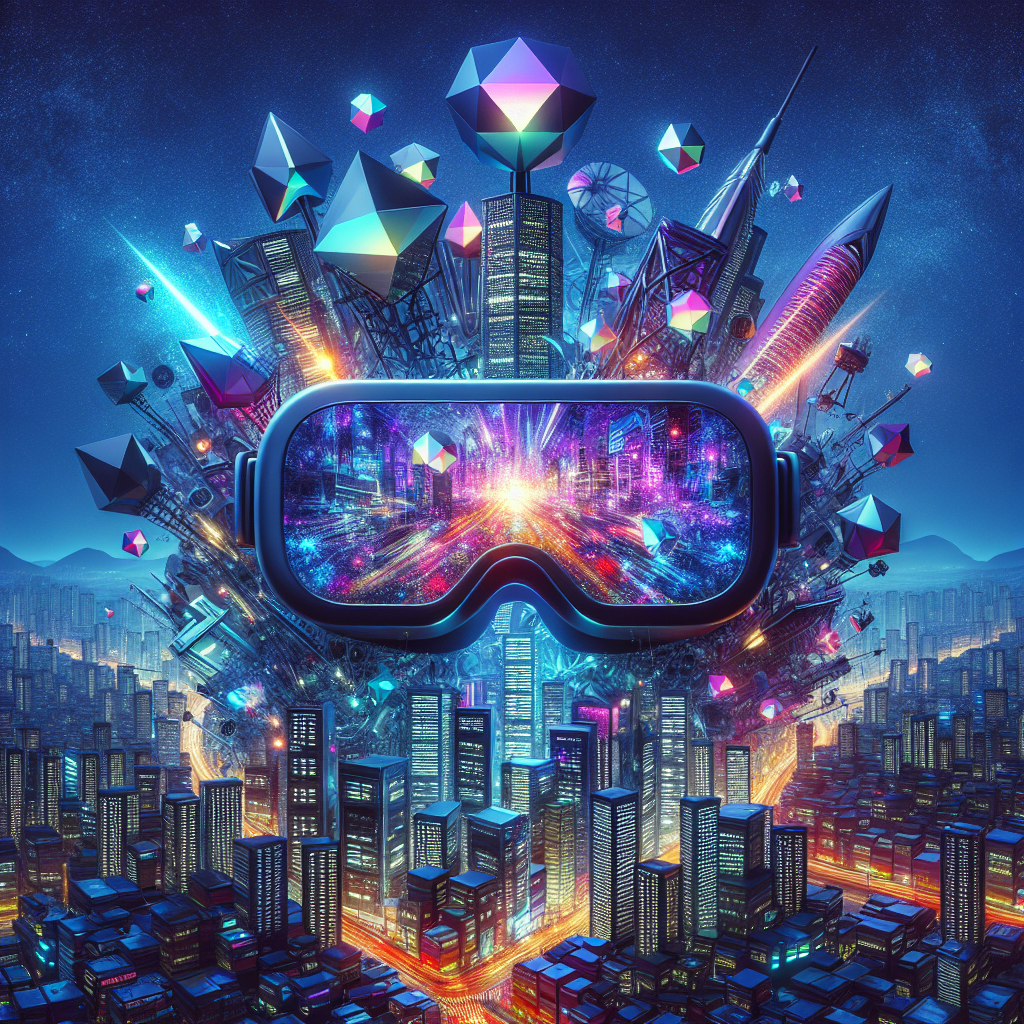Virtual Realities: The Explosion of VR Gaming in South Korea
The world of gaming has been revolutionized by the advent of virtual reality (VR), and South Korea stands at the forefront of this transformation. With a blend of technological sophistication, a rich gaming culture, and a population eager for new experiences, the country has become a vibrant hub for VR gaming. This article explores the factors fueling the explosive growth of VR gaming in South Korea, its cultural significance, and what the future holds for this immersive medium.
A Technological Powerhouse
South Korea is known for its high-speed internet and cutting-edge technology, which naturally provides the perfect breeding ground for VR innovations. With ultra-fast broadband connections and an enthusiastic tech-savvy population, VR experiences can be delivered seamlessly and at high quality. The country’s commitment to advancing technology in various sectors—be it through investment in research and development or the strategic initiatives of companies like Samsung, LG, and HTC—has resulted in a flourishing ecosystem that thrives on VR innovation.
The recent surge of VR arcades, equipped with state-of-the-art hardware and exclusive titles, has made it easy for casual gamers to step into virtual worlds. These arcades often provide a variety of experiences, from high-intensity games to immersive storytelling, catering to diverse interests and skill levels. This accessibility has played a crucial role in diminishing the barriers to entry for many gamers.
A Gaming Culture Like No Other
Gaming is ingrained in South Korean culture. With millions participating in online games, esports, and social gaming, the nation boasts an environment ripe for VR adoption. The rise of VR gaming aligns seamlessly with established gaming practices; platforms such as PC bangs (gaming cafés) that provide high-performance gaming setups are now beginning to incorporate VR stations, transforming how gamers interact with these technologies.
Furthermore, the younger generation’s increasing interest in experiential entertainment aligns closely with the immersive nature of VR. Many South Korean gamers, particularly Gen Z, seek meaningful engagement and emotional connections with gaming experiences. VR provides a perfect opportunity for this, sharing narratives and adventures in ways traditional gaming cannot match. Whether it’s exploring fantasy realms or competing in thrilling sports environments, VR can forge connections that resonate on deeper emotional levels.
Significant Contributions to the Global Stage
South Korea’s influence on the global gaming industry cannot be underestimated. The country is home to some of the most innovative gaming companies, including Nexon, NCSoft, and PUBG Corporation, which have expanded their portfolios to include VR titles. The competitive landscape has prompted companies to develop unique and compelling VR experiences, pushing the boundaries of what is possible in the medium.
Moreover, the country commonly hosts global gaming events, such as the Busan International Game Festival, where VR gaming now occupies a prominent role. These events provide a platform for local developers to showcase their creativity and technological prowess, often attracting international talent and attention. Collaborations between South Korean companies and global tech firms have led to the creation of cutting-edge VR titles that resonate with audiences worldwide, further embedding South Korea as a key player in the global VR gaming arena.
Future Trajectories
As the VR gaming landscape continues to evolve, several trends are emerging that will shape the future. First and foremost, advancements in VR hardware, including wearable devices and haptic feedback technology, promise to enhance user experience significantly. The anticipated improvement in VR graphics and processing power, alongside innovations in motion tracking, will further immerse players in virtual environments.
Moreover, the integration of VR with other technologies, such as artificial intelligence (AI) and blockchain, will enable even more complex and engaging gaming experiences. As developers experiment with AI-driven narratives or decentralized gaming economies, the potential for new types of gameplay and user interactivity becomes limitless.
Finally, as South Korea’s government continues to support technological advances through funding and subsidies, the local gaming industry will likely continue its upward trajectory. This will foster an environment where creativity thrives, leading to the emergence of new genres and gameplay experiences that capture the imagination of players globally.
Conclusion
The explosion of VR gaming in South Korea epitomizes the fusion of technology, culture, and community that defines the nation’s gaming landscape. With its technological advancements, culture of gaming, and commitment to innovation, South Korea is not just a hub for VR gaming; it is a pioneer shaping the future of interactive entertainment. As we look ahead, the ongoing evolution of VR promises to create even more immersive worlds, engaging narratives, and vibrant gaming communities, leaving a lasting impact on both local and global stages.




